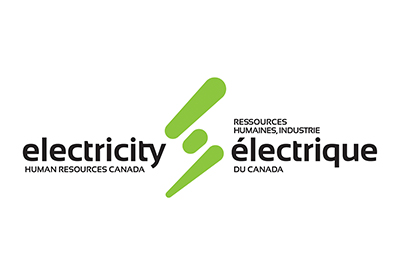Study Finds that Women are Still Struggling to Advance in the Electricity Sector

May 14, 2020
Gaps in women’s representation around the decision-making tables of the electricity and renewables sector persist, but a coordinated effort with multiple approaches may provide the solution, says a new report by Electricity Human Resources Canada (EHRC). Leadershift: Pathways to Gender Equity explores the status of women’s representation in companies across Canada’s electricity sector, with a focus on the leadership level. Funded in part by the Government of Canada’s Sectoral Initiative Program the report finds that, despite good intentions and investments, the pace of change in the industry has been slow.
The advantages of greater gender diversity—particularly at the senior level—have been well documented. However, the report notes that there is an urgent need to move from awareness and shared understanding to genuine commitment.
The findings also reveals a stark difference in the perspectives of men and women as to how easy it is to succeed in the industry. It also explores the views of leadership teams and non-management employees on the barriers women face entering and remaining in the sector. Differing opinions between these groups highlight that work remains to be done, and that there is no one-size-fits-all approach to supporting gender diversity. Succeeding requires a variety of coordinated approaches, including policies, leadership, commitments, disclosure and reporting.
“As our companies and organizations face shifts in business models, greater demands for innovation and labour market challenges, a focus on accelerating women into leadership ranks is a crucial part of the solution,” said Michelle Branigan, CEO of EHRC. “Incorporating multiple strategies when building a diverse, inclusive workplace leads to the best chance of success.”
The report’s findings are particularly relevant to the electricity and renewable sector now, as it embraces new business models and emerging technologies. Employers must pay more attention to inclusive talent management practices in order to position themselves as leaders in driving cultural change both at an organizational and social level.
“Supporting women from the first steps of their careers is an investment that pays off not only in the long run, with higher levels of talent retention and employee engagement, but in the short term too; an inclusive environment will attract the people you want, now,” commented Lyne Parent-Garvey, Chief Human Resources Officer at Hydro Ottawa.
Leadershift: Pathways to Gender Equity will be launched online on Thursday, May 28 HERE. The report will be available after the launch on EHRC’s website HERE









![Guide to the Canadian Electrical Code, Part 1[i], 26th Edition– A Road Map: Section 56](https://electricalindustry.ca/wp-content/uploads/2022/11/Guide-CE-Code-2.png)






